Childhood pain, or adverse childhood experiences, has a serious effect on the rest of our lives. You might assume the effect is only on our feelings or thoughts. New research, funded by the Center for Disease Control (CDC), indicates the impact is physical as well.
There are many “public health” concerns that many experts try to solve, in order to help us all be healthier. Sanitized water is an example of a long-standing public health triumph. Currently, experts are worried about obesity, smoking, heart disease, diabetes, and suicide rates.
Childhood Pain: Research
Back in the 1980s, Vincent Felitti was running a weight-loss study. He wondered why his best patients would quit after they started losing weight. After surveying nearly three hundred morbidly obese patients, he thought he was on to something. About half of these patients reported being sexually assaulted, horribly painful example of childhood pain, which is much higher than average. After presenting these findings at an obesity conference, Felitti was approached by the CDC.
The result is the Adverse Childhood Experiences (ACE) Study. This ongoing research is attempting to explain why some of us are more at risk for certain health problems than others. The researchers are learning that childhood pain is a big deal, and a score of four or more significantly impacts these common health concerns:
- Alcoholism and alcohol abuse (740%)
- Chronic obstructive pulmonary disease (COPD)
- Depression (460%)
- Illicit drug use (470%)
- Ischemic heart disease (IHD) (220%)
- Liver disease
- Domestic violence
- Multiple sex partners
- Sexually transmitted diseases (STDs)
- Smoking (220%)
- Suicide attempts (1,220%)
- Unintended pregnancies
- Teen pregnancy
Just because people experience childhood pain doesn’t mean they will definitely develop these health problems. It does mean that if you experienced many kinds of childhood pain, your risk is much higher than average. It also means that if you’ve struggled with obesity, drug or alcohol problems, or depression your entire life, it might not be 100% your fault. The ACE study looks at three categories of trauma: abuse, neglect, and household dysfunction.
Types of Childhood Pain
Abuse – Emotional, Physical, Sexual
Emotional Abuse: Often or very often a parent or other adult in the household swore at you, insulted you, or put you down and sometimes, often or very often acted in a way that made you think that you might be physically hurt.
Physical Abuse: Sometimes, often, or very often pushed, grabbed, slapped, or had something thrown at you or ever hit you so hard that you had marks or were injured.
Sexual Abuse: An adult or person at least 5 years older ever touched or fondled you in a sexual way, or had you touch their body in a sexual way, or attempted oral, anal, or vaginal intercourse with you or actually had oral, anal, or vaginal intercourse with you.
Neglect – Emotional, Physical
Emotional Neglect: Did your family make you feel special, loved, or did you see your family as a source of strength, support, and protection.
Physical Neglect: Was there was enough to eat, did your parents parents drinking or drugging interfere with your care, if did you ever dirty clothes, and was someone to take them to the doctor.
Household Dysfunction – Violence, Drug and Alcohol Abuse, Divorce, Mental Illness, Incarceration
Mother Treated Violently: Your mother or stepmother was sometimes, often, or very often pushed, grabbed, slapped, or had something thrown at her and/or sometimes often, or very often kicked, bitten, hit with a fist, or hit with something hard, or ever repeatedly hit over at least a few minutes or ever threatened or hurt by a knife or gun.
Household Substance Abuse: Lived with anyone who was a problem drinker or alcoholic or lived with anyone who used street drugs.
Household Mental Illness: A household member was depressed or mentally ill or a household member attempted suicide.
Parental Separation or Divorce: Parents were ever separated or divorced.
Incarcerated Household Member: A household member went to prison.
If these experiences increase risk for serious health problems, then childhood pain is a real problem. It “counts” as something to be bothered by, worried about, or struggling with. The question is, what are you going to do about it?
If you want to calculate your own ACE score, go to www.acestudy.org
Part II will explore possible reasons why this link exists and what you can do about it in your own life.Sources: Born for Love: Why Empathy is Essential And Endangered by Maia Szalavitaz and Bruce D. Perry, MD, PhD
